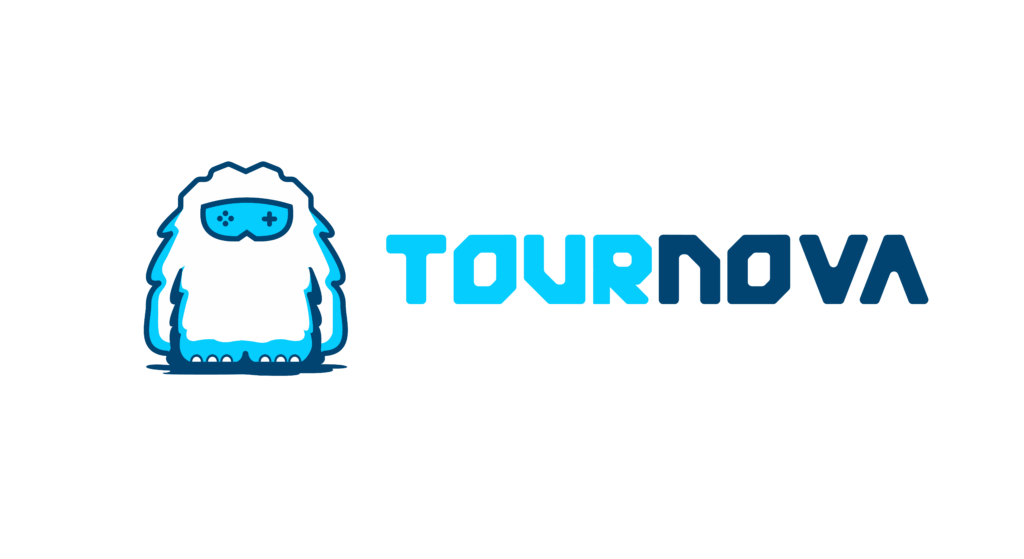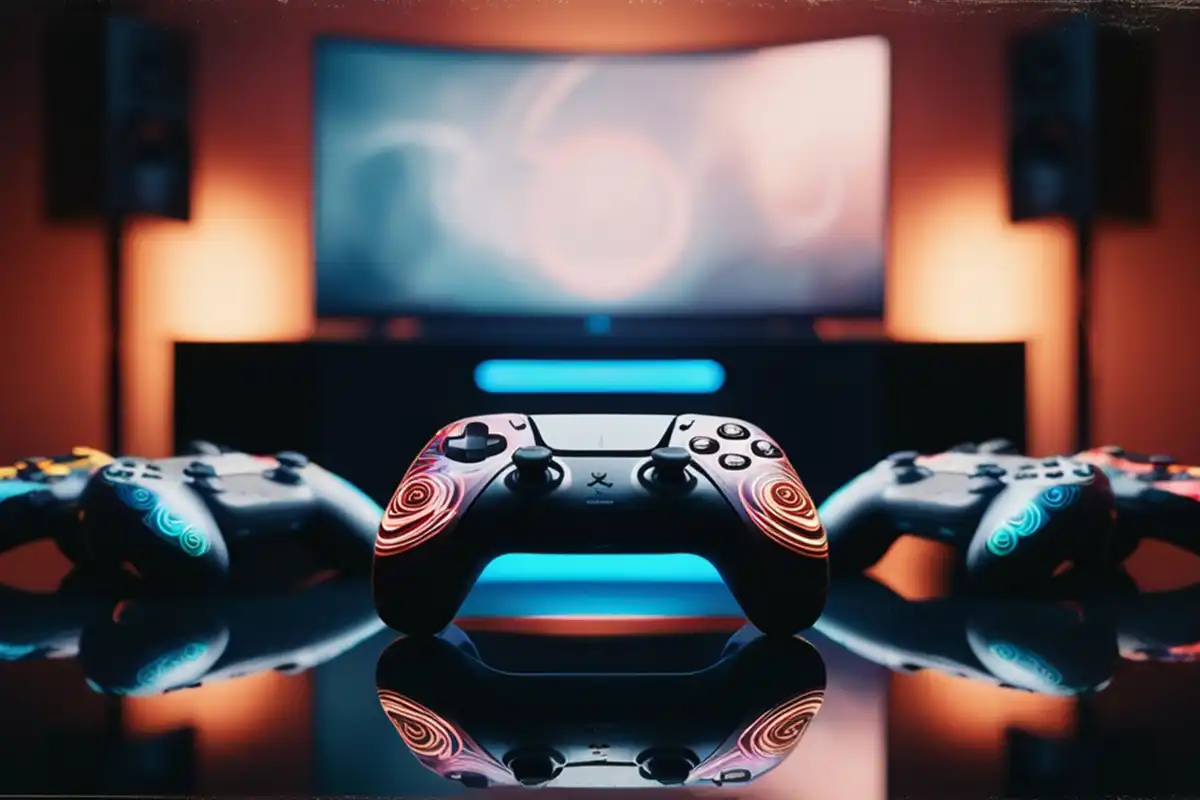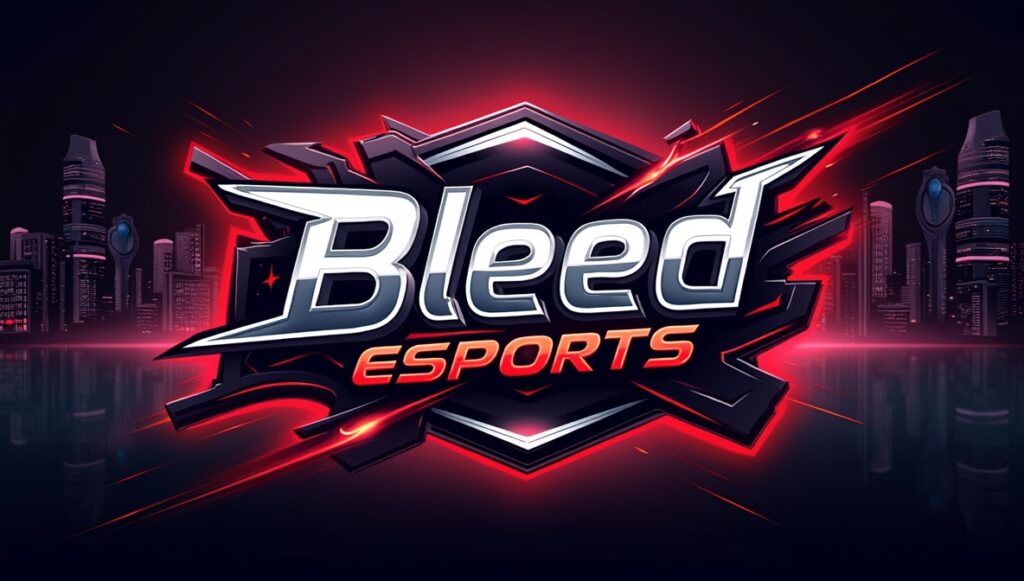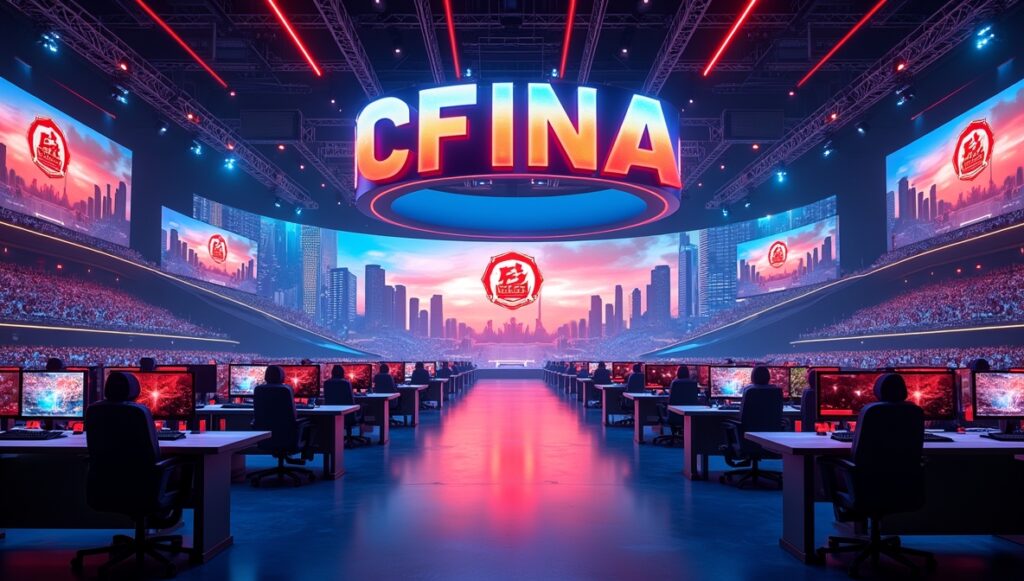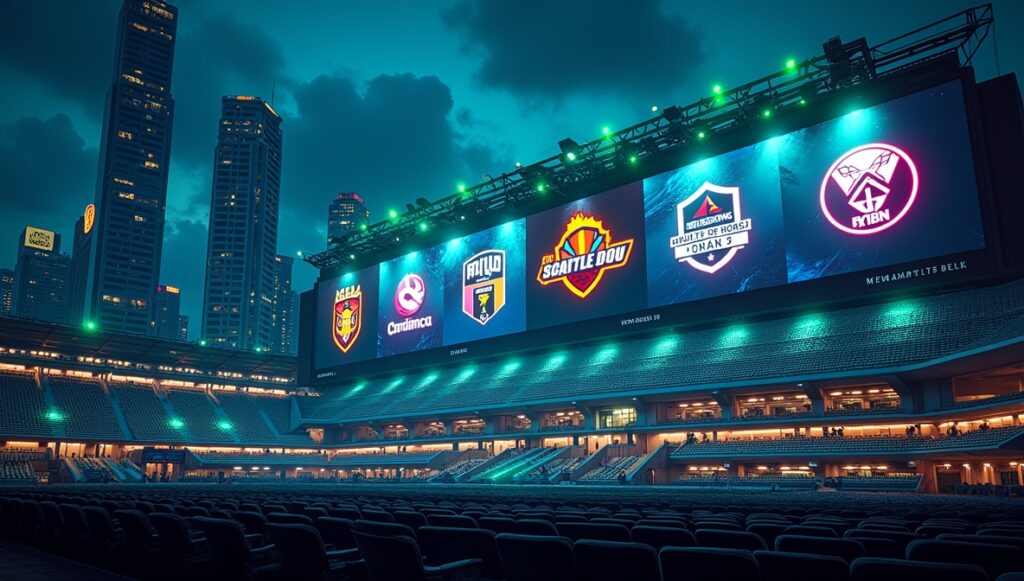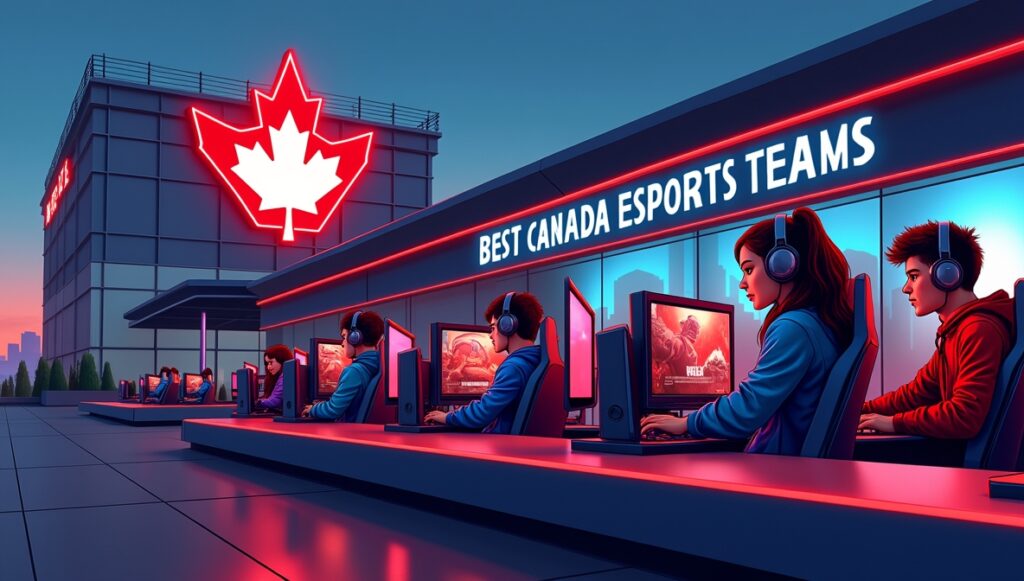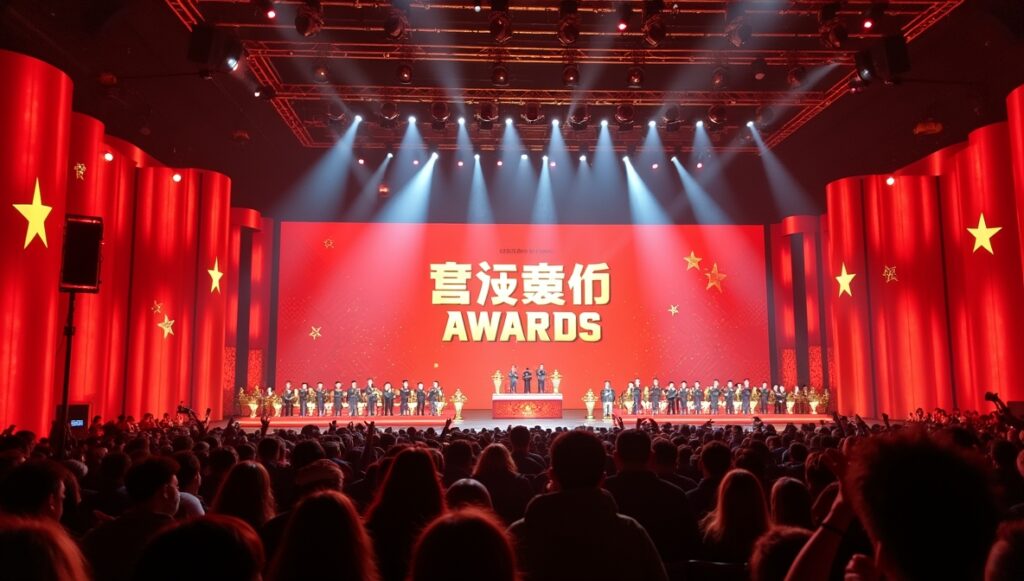When skills are scattered, growth feels stagnant and progress elusive. Mastering gameplay requires more than just endless practice; it demands focus, strategy, and the right set of skills honed to perfection. Without a roadmap, even the most passionate players can find themselves falling behind peers who seem naturally adept at leveling up their game.
But don’t despair! We’ve gathered insights into professional gamers skills and prepared a guide just for you. By exploring these games, you’ll not only have fun but also hone skills that are indispensable at the pro level. So, let’s dive into the heart of what it takes to level your game into the realm of pros, exploring the specific skills each game on our list helps develop.
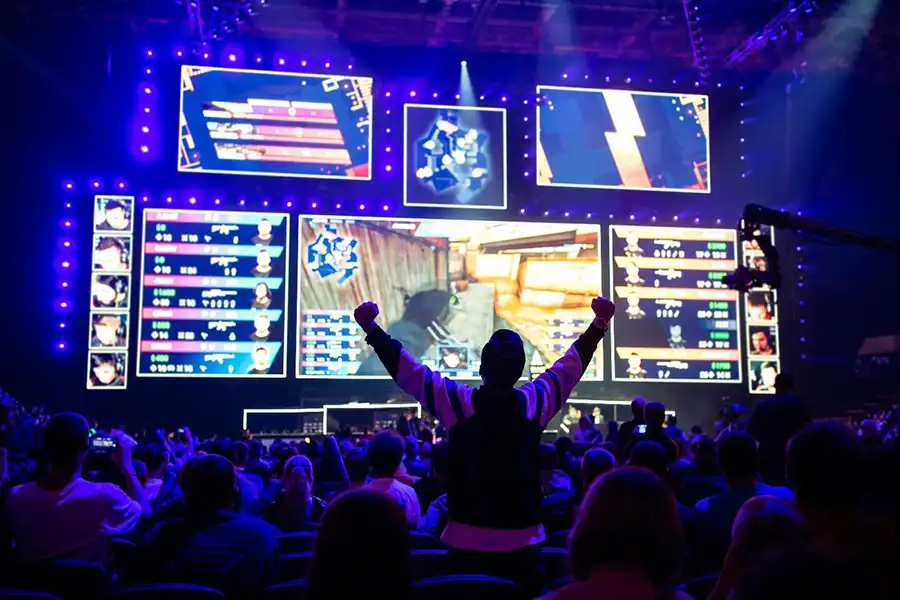
What Do Professional Gamers Do?
Professional gamers blend art and science in their craft, transforming leisure into intense competition. They spend countless hours analyzing game mechanics, strategizing with teams, and fine-tuning their reflexes. Beyond mere practice, pros employ meticulous training regimens that sometimes include physical fitness and mental exercises to boost concentration and reduce stress. It’s not just about playing; it’s about playing smart, studying opponents, and keeping up with ever-evolving game dynamics.
How Do Pro Gamers Train?
The training regimes for professional gamers skills are as diverse as the games they play. Many follow strict schedules, balancing gameplay with breaks to optimize performance. Strategies often involve analyzing replays, refining tactics, and scrimmaging with or against other high-caliber players. Mental stamina is crucial, as intense focus is required during long competitions. A holistic approach to training often involves health and wellness practices, too, asserting that a healthy body supports a sharp mind.
10 Must-Have Skills to Go Pro in Gaming
Reflex Speed
Reflex speed is critical in fast-paced games where split-second decisions can dictate the outcome of a match. Think Super Smash Bros., where your ability to react swiftly can mean the difference between landing a knockout blow or being sent flying off the stage. Enhancing reflex speed involves regular practice with high-intensity games, using exercises to improve hand-eye coordination, and even engaging in reflex training software designed for athletes. Fast reactions heighten your gameplay and build confidence in making quick, on-the-fly decisions.
Strategic Thinking
Strategic thinking is the backbone of many esports, where planning several moves is pivotal. In games like Civilization VI, players must devise comprehensive strategies that consider multiple factors, from resource management to opponent activity and future developments. To develop strategic thinking, immerse yourself in games that require thorough planning and scenario analysis. Dedicate time to studying game theory and learn from experienced players through replays and tutorials. This skill allows you to anticipate opponents’ actions and counter them effectively, a hallmark of professional gamers.
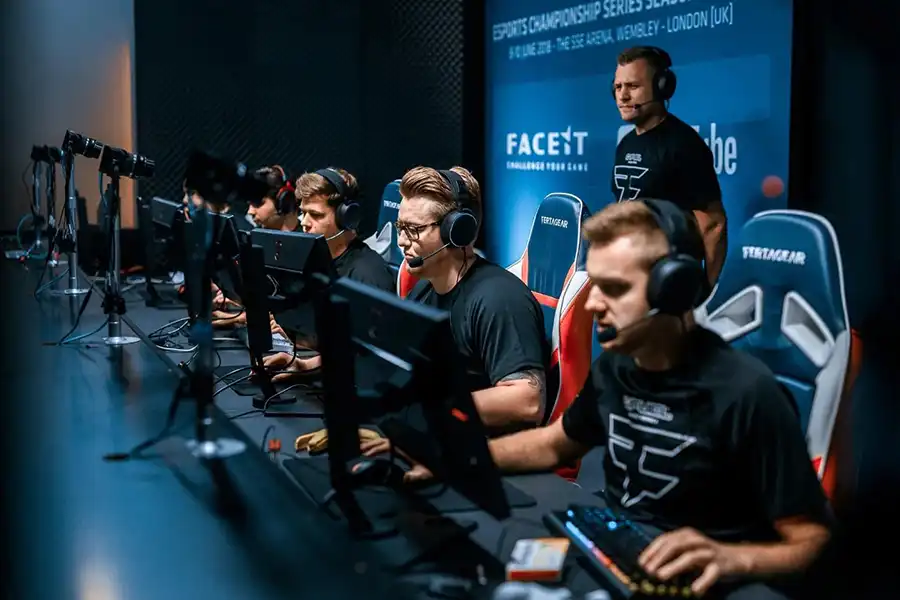
Team Coordination
Working in harmony with teammates transforms a good team into a great one discussing professional gamers skills. Titles such as World of Warcraft teach players how crucial communication and cooperation are when tackling group challenges. Effective team coordination involves clear role definition, regular team practice sessions, and open-mindedness to constructive feedback. Building strong interpersonal skills is essential, as a well-coordinated team can outmaneuver and outsmart a solo virtuoso at a time.
Adaptability
Adaptability is the ability to adjust swiftly to new environments or unexpected changes in-game, as highlighted in Hunt: Showdown. When adversaries deploy unforeseen strategies or environmental conditions shift, quick thinking and versatility are your allies. To cultivate adaptability, engage in games with dynamic elements and varying scenarios. Embrace challenges outside your comfort zone, and practice diverse tactics to become a more versatile player. This skill is indispensable, particularly in tournaments where unpredictability reigns.
Map Awareness
Having strong map awareness is vital, especially in shooters like Call of Duty: Warzone. Knowing the environment, like the back of your hand, helps you predict enemy movements and plan ambushes or escapes. Enhancing this skill involves studying maps extensively and playing regularly to memorize layouts, spawn points, and high-traffic areas. Players with top-tier map awareness enjoy a strategic edge, allowing them to control engagements and dictate the pace of the game.
Focus and Concentration
Maintaining unwavering focus is essential in high-stakes scenarios, as demonstrated in titles such as Dark Souls III. This game challenges your patience and precision, requiring intense concentration to overcome adversaries and environments alike. To improve focus, practice mindfulness techniques and maintain a healthy lifestyle to boost mental clarity. Long-duration gaming sessions should be complemented with sufficient breaks to sustain attention and reduce fatigue.
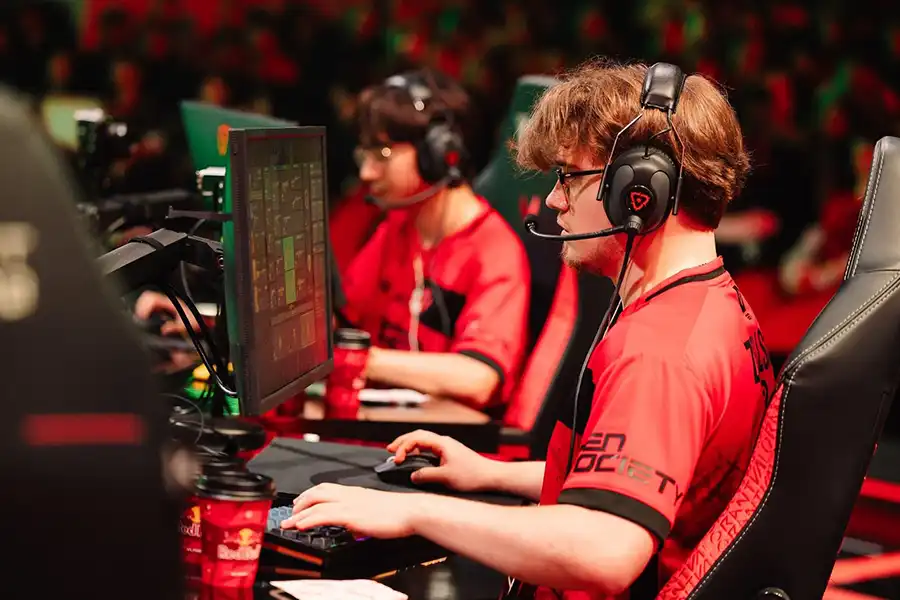
Multi-tasking
Mastering the art of multitasking can turn a good player into a great one considering professional gamers skills. In Fortnite, players are constantly juggling building, shooting, and navigating the map under pressure. Enhance your multitasking ability by practicing with games that demand simultaneous actions and quick switching between tasks. Keeping a calm mind amidst chaos allows you to perform efficiently, execute complex maneuvers, and seize opportunities without being overwhelmed.
Tactical Execution
Precision in executing tactics can secure victory when brute force alone won’t cut it, as seen in XCOM 2. Here, each move is carefully calculated to achieve strategic goals. To develop this skill, focus on games that emphasize tactical decision-making and encourage you to weigh every option. Study successful tactics from pro players and apply them in practice matches, honing your ability to execute plans flawlessly under pressure.
Creativity
Creativity fuels innovation and problem-solving in the gaming world, epitomized by the freedom granted in Minecraft. This sandbox game encourages out-of-the-box thinking and offers countless ways to approach challenges. Foster creativity by experimenting with different gaming styles and strategies, encouraging innovation in gameplay not only enhances enjoyment but also surprises opponents who may struggle to anticipate your next move.
Analytical Skills
Analytical skills are crucial for understanding and breaking down complex in-game scenarios, such as those found in Dota Underlords. This title demands that players evaluate various strategies and opponents’ actions critically. To improve analytical skills, regularly review your gameplay and opponents, seeking patterns and refining your approach. This skill sharpens your decision-making capabilities and positions you to learn from each game, win or lose.
Cultivating these pro-gaming skills involves both dedicated practice and a willingness to learn. By focusing on these areas, you can transform the way you play, turning weaknesses into strengths and setting yourself on the path to becoming a professional gamer.
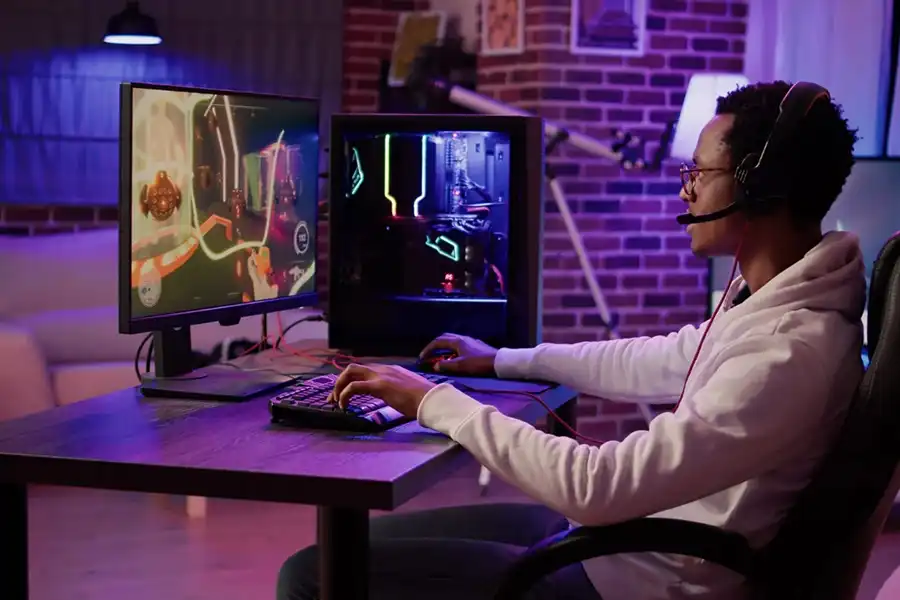
Read More: Esports vs gaming
What Skills Does Gaming Give You?
Gaming develops many skills beyond those needed for professional-level competitions. It fosters problem-solving abilities, enhances memory, and strengthens decision-making under pressure when we discuss professional gamers skills. As games often involve social interactions, they also improve communication and teamwork.
Is Gaming a Skill or Talent?
Many debate whether gaming is an innate talent or an acquired skill. Essentially, while some natural aptitude can certainly help, gaming excellence is primarily developed through dedicated practice and learning. Skills like reflexes or strategic thinking are honed over time rather than being gifts one is born with.
Is Gaming a Good Career?
The games industry is booming, providing lucrative opportunities for those passionate about gaming. Beyond competing, careers can be found in game design, marketing, and content creation. Esports as a career offers fame, travel, and financial rewards, but like any profession, it requires commitment and the willingness to face competitive pressures.
Is Pro Gaming a Talent?
Pro gaming success stems from a combination of talent, skill development, and relentless dedication. While innate abilities might provide a head start, becoming a professional demands ironclad discipline, continuous learning, and adaptability.
How to Be a Better Gamer?
To elevate your gaming prowess and your professional gamers skills, start by analyzing your gameplay to identify areas for improvement. Engage in community discussions to learn new strategies and never shy away from experimenting with different genres. Balancing dedicated practice with the pursuit of other interests helps maintain motivation and prevents burnout.
- Building a Pro Gamer’s Mindset
Becoming a professional gamer requires more than just technical skills; it demands a particular mindset. This approach combines resilience, continuous learning, and a readiness to adapt to new challenges. The psychological aspect of gaming is often overlooked, yet it’s crucial for sustained success. - The Importance of Resilience
Resilience is the ability to bounce back from setbacks, which is essential in the high-pressure environment of competitive gaming. Every loss is a learning opportunity to identify areas of improvement. Games like League of Legends often see players facing tough losses, where the ability to maintain a positive outlook and revise strategies is crucial. Building resilience involves setting realistic goals, celebrating small wins, and maintaining mental and emotional balance through exercises like meditation or mindfulness. - Continuous Learning
In the ever-evolving landscape of esports, continuous learning is non-negotiable. With game updates, new strategies, and meta-shifts, staying informed keeps you competitive. Resources such as online forums, tutorials, and community discussions are invaluable for gaining fresh insights and tactics. In particular, analyzing professional matches and engaging with esports streams lets you see firsthand how top-tier players adapt and execute strategies.
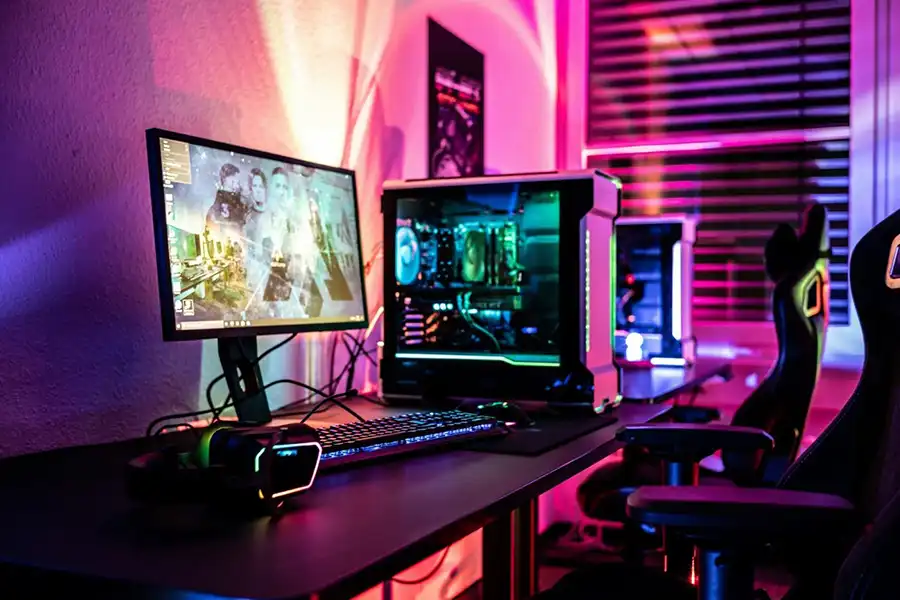
- Embracing Technology
Technological advancement has significantly shaped the gaming industry, providing tools that enhance gameplay and training methods regarding professional gamers skills. Using technology to track in-game performance metrics, such as kill-to-death ratios or tactical choices, allows players to make data-driven improvements. Virtual reality (VR) can also be used for immersive training experiences, offering a new dimension in skill development. - Physical Fitness: A Hidden Advantage
While gaming is predominantly mental, physical fitness cannot be ignored. Many professional gamers incorporate physical exercise into their routine to boost performance. Activities like cardio enhance endurance, while strength training supports posture during long gaming sessions. Regular exercise is linked with improved concentration and reaction times, which are key in competitive gameplay. - Nutrition and Hydration
Just like athletes, gamers benefit from proper nutrition and hydration to maintain peak cognitive function. Consuming a balanced diet rich in proteins, omega-3 fatty acids, and antioxidants supports brain health. Staying hydrated ensures that cognitive functions such as focus and memory remain sharp during long gaming bouts. Caffeine, often favored for its stimulus, should be balanced to avoid dependency and jitters.
The Dynamics of Team Play
For many esports titles, teamwork plays a pivotal role in achieving victory. Understanding team dynamics and cultivating a cooperative spirit can elevate a team’s success. Games like Overwatch and Valorant require aligned goals, role responsibilities, and clear communication among all members.
- Role Specialization
Each team member often has a specialization that complements the collective strategy. For instance, effective tanking or supporting in Overwatch requires players to understand their roles deeply and how they interact with others when we talk about professional gamers skills. Role specialization encourages expertise in particular areas, making the team more robust and adaptable. Training sessions focused on role-specific skills help enhance overall cohesion and efficiency. - Communication Skills
Effective communication involves both articulating strategies and listening to feedback from teammates. Clear, concise, and contextually appropriate communication prevents misunderstandings and strengthens team bonds. Practicing communication during low-pressure scenarios enhances this skill, leading to better cooperation under stress.
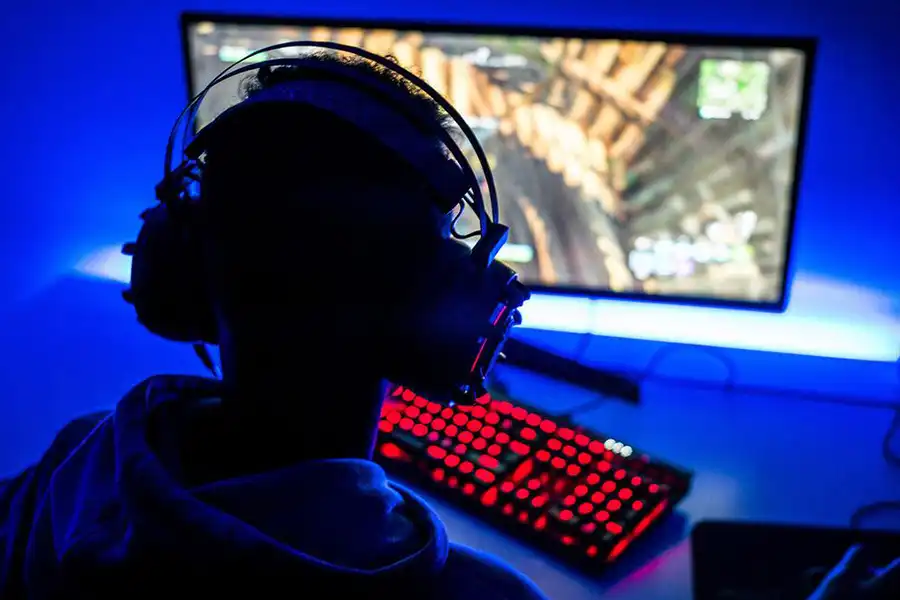
Transitioning from Amateur to Professional
Transitioning from amateur gaming to the professional scene involves several key steps. Firstly, developing a strong personal brand through streaming platforms or social media is vital. Building a presence attracts potential sponsors and teams, offering more opportunities for advancement.
- Networking within the Community
Networking with other gamers, coaches, and esports professionals opens doors to tournaments and team invitations. Attending gaming conventions, participating in community events, and engaging with fans through platforms like Twitch can significantly increase visibility. Networking not only leads to opportunities but also fosters a supportive environment that encourages growth. - Participating in Tournaments
Regular participation in local or online tournaments hones competitive skills and exposes players to a wider range of strategies. These tournaments are practical grounds for testing learned strategies, receiving feedback, and gaining recognition from teams scouting for talent. Building a portfolio of tournament experiences showcases a player’s ability to compete at higher levels.
Conclusion
And there you have it — a comprehensive dive into mastering professional gamers skills through a curated selection of games. Embark on this journey equipped with newfound insights, and who knows, you might just find yourself climbing the ranks in no time!
FAQs
What is the most important skill in esports?
Fast reflexes are often deemed crucial, but strategic planning and teamwork are equally important in many games.
How can I improve my gaming reflexes?
Frequent practice, focusing on reflex-training games, and maintaining physical fitness can enhance your reflexes over time.
Are there careers in gaming beyond being a professional player?
Absolutely! The gaming industry offers careers in roles like game design, streaming, marketing, and esports management.
